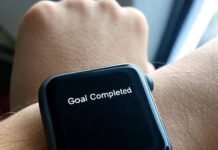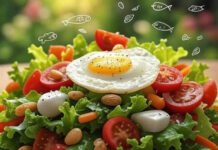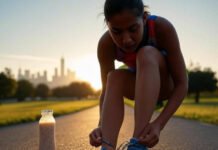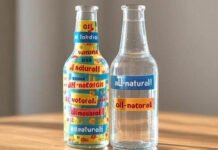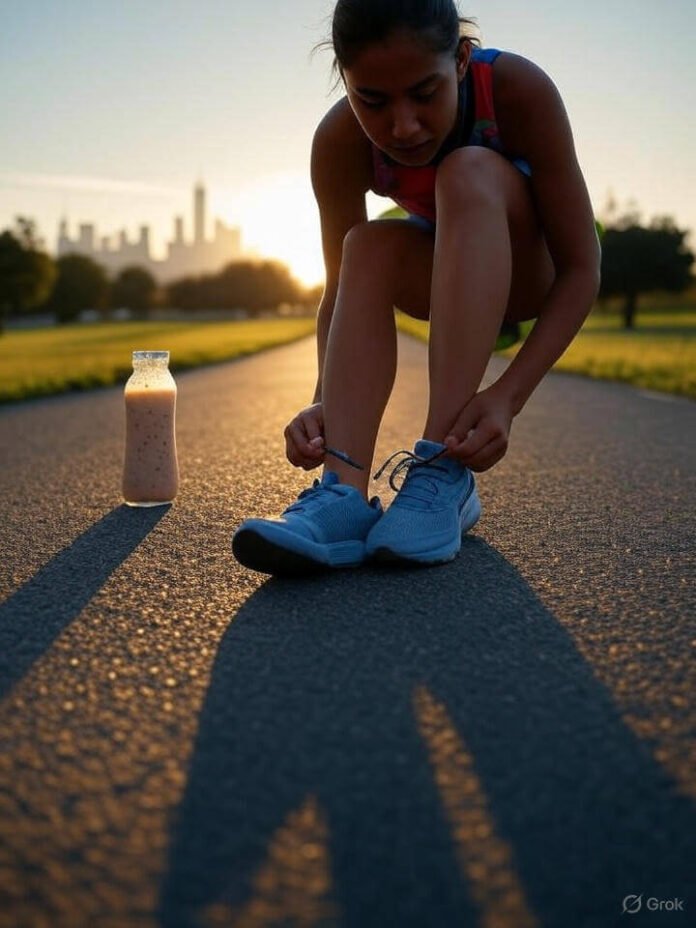Nutrition for peak performance…….Okay, so here’s the thing: I thought I knew everything about nutrition for peak performance back when I was in high school track. Spoiler: I didn’t. I was that kid eating a Pop-Tart and a Mountain Dew before a meet because… sugar = energy, right? Yeah, turns out that’s not how it works unless your definition of “energy” is feeling like your stomach is about to betray you halfway through a 400-meter dash.
And honestly, it’s kinda wild how much of sports nutrition feels like one of those “everybody’s got an opinion” topics. Coaches, YouTube “gurus,” random gym bros yelling about protein shakes—everyone’s got their secret formula. But when you strip away the nonsense, athletes really just need food that works with their body, not against it.
Why Your Diet Actually Matters More Than Your Shoes (yep, I said it)
You know how people obsess over shoes? Like, what foam is in the sole, whether they’re carbon-plated, whatever. I had a friend who spent $250 on “elite” running shoes but still ate Hot Cheetos and soda for breakfast. (He knows who he is, if he’s reading this. No shame, but also… dude.)
Nutrition isn’t sexy, but it’s the thing that fuels every single stride, every rep, every jump shot. Shoes are like paint on a car. Food? That’s the gas in the tank. You can’t run a Ferrari on spoiled milk.
Carbs: Not the Enemy (Don’t @ Me)
Look, somewhere along the way, carbs became the villain. Bread, pasta, rice—they all got demonized. But if you’re an athlete, carbs are literally your body’s favorite fuel. Like, it’s the premium gas.
I remember this one tournament weekend—basketball, back-to-back games. I thought I’d be “healthy” and eat just grilled chicken and salad because carbs are “bad,” right? Big mistake. By the second game, I felt like I was moving in slow motion. I could practically hear my body whispering, “Where’s the pasta, bro?”
So yeah, carbs aren’t optional. They’re essential. Whole grains, fruit, potatoes. Even the occasional plate of spaghetti. Just… maybe not an entire loaf of garlic bread (learned that the hard way too).
Protein: More Than Just Chicken and Shakes
Here’s the deal: athletes love to talk protein like it’s some mythical powder that makes you invincible. “Bro, how many grams you hitting today?” (Why is it always bro who asks that?)
Yes, protein repairs your muscles. Yes, you need it. But don’t get stuck in the “chicken breast and protein shake” trap. Eggs, beans, Greek yogurt, even peanut butter (shoutout to PB&J sandwiches—they were my first “nutrition plan” without me realizing it).
And fun fact: your body doesn’t use protein instantly. Eating four scoops of whey after one workout isn’t making your biceps double in size by tomorrow. (If it did, trust me, I’d be The Hulk by now.)
Hydration: More Complicated Than “Just Drink Water”
Ah, hydration. The number of games and runs I’ve ruined because I thought I could chug a water bottle right before and call it good. Nope. Doesn’t work like that.
I once cramped so bad during a soccer game that I legit rolled on the ground like I’d been shot. People thought it was a dramatic flop, but no—just my calves staging a mutiny. Lesson learned: hydration is daily, not just on game day. And sometimes plain water isn’t enough—you need electrolytes.
But also, PSA: stop drowning yourself in sports drinks all the time. Those neon bottles are basically sugar water with good marketing. You can get electrolytes from fruit, coconut water, or even making your own mix at home.

Timing is Everything (Yes, Even Your Snacks)
Okay, so you’ve got the “what” to eat. But the “when” is equally sneaky. Eat too close to game time and—hello nausea. Eat too early and you’ll be starving mid-event.
For me, the golden window is like 2–3 hours before, with a small snack right before. A banana, some oatmeal, maybe a granola bar. (I once ate nachos an hour before practice. I’ll just say… it didn’t end well for the nachos.)
Post-workout? Don’t overthink it. Your body wants carbs + protein. Chocolate milk has been the MVP recovery drink forever, and I’m sticking to it.
The Weird Stuff People Don’t Tell You
- Travel messes you up. Ever try eating airport food before competing? Yeah. Pack snacks. Always.
- Caffeine is a gamble. Helps some people focus, makes others jittery and crash. Test it before a big game, not during.
- Supplements are overrated. Unless you’ve got a deficiency, most are just expensive pee. Sorry.
What Nutrition for Peak Performance Actually Feels Like
Here’s the thing nobody tells you: when your nutrition is on point, you feel it. Not like a superhero cape flying behind you, but subtle stuff:
- You don’t hit that mid-practice wall as hard.
- Your recovery doesn’t feel like crawling out of a black hole.
- You actually wake up hungry in the morning (the good kind of hungry).
It’s not magic, it’s not instant, and yeah—it takes some trial and error. I still mess it up sometimes. Ate way too many gummy bears before a long run last month. Regretted it at mile two.
But when you find your rhythm, it’s like your body thanks you by not sabotaging you. And trust me, that’s the biggest win.

So… What’s the Takeaway?
If you’ve skimmed all this rambling (hi, skimmers), here’s the quick rundown:
- Carbs = fuel. Don’t fear them.
- Protein = repair. Mix it up.
- Hydration = daily habit. Not just on game day.
- Timing = everything.
- Supplements = probably not necessary.
But also, don’t stress yourself into food guilt. You’re human. Eat the cookie sometimes. Just don’t only eat cookies (unless your sport is “cookie taste-testing”—in which case, call me, I’m interested).
Where to Go From Here: nutrition for peak performance
If you’re curious and want less rambling, more numbers, check out legit sports nutrition resources like Nancy Clark’s blog (she’s kinda the GOAT of sports dietitians). Or if you want a fun, pop-culture-ish take, Google “athlete meal plans” and get lost in the wild world of TikTok bodybuilders making 3,000-calorie pancakes.
At the end of the day, nutrition for peak performance isn’t about perfection—it’s about finding what actually works for you. And yeah, sometimes that means testing how many gummy bears you can eat before a 10k (don’t recommend).Internal & Outbound Links Added
Internal & Outbound Links Added
- Internal Link: Nutrition and Fitness: The Ultimate Guide to Fuel Your Workouts
- Outbound Links:

